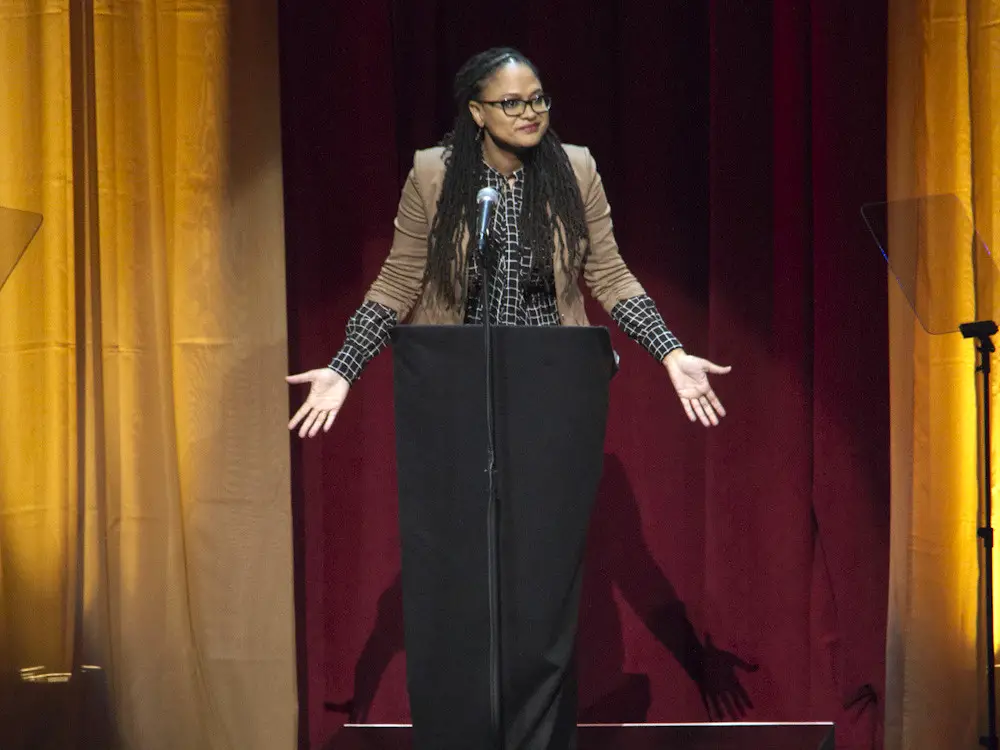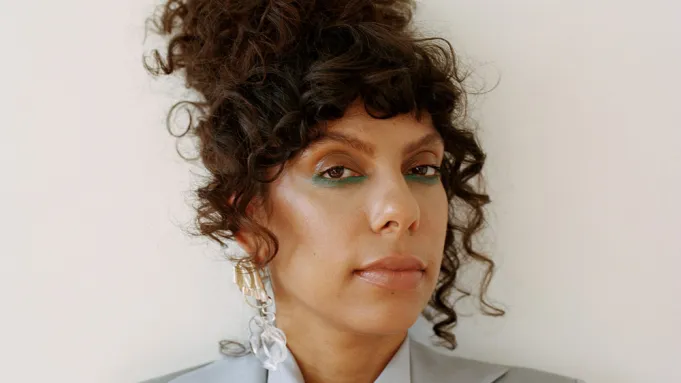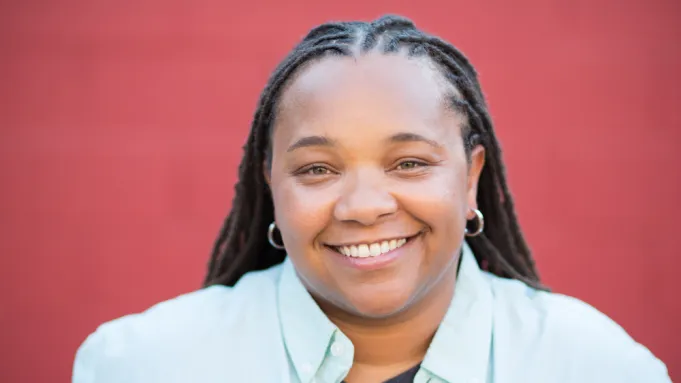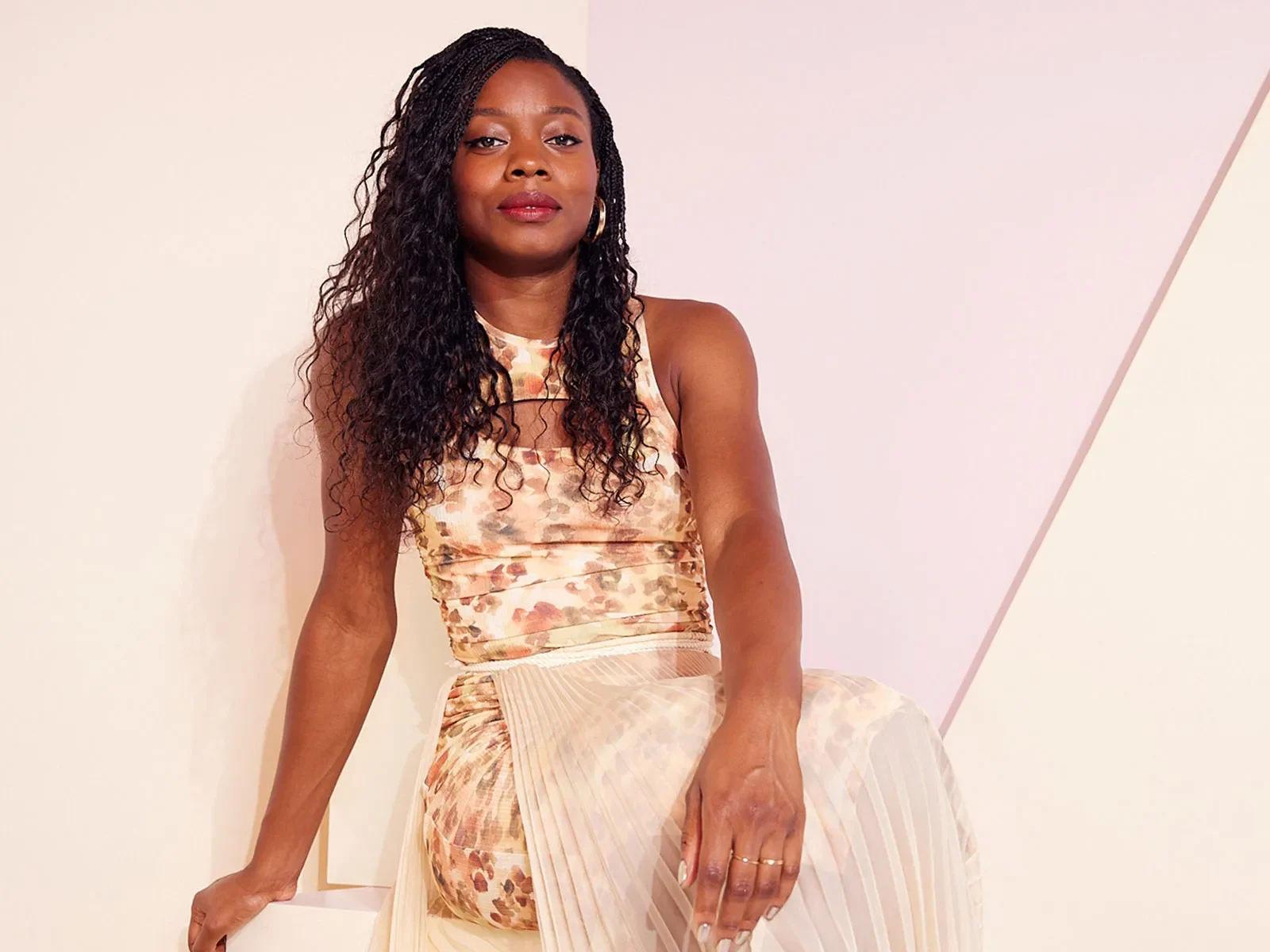The landscape of Hollywood has long been dominated by a select few, but in recent years, a wave of Black female directors has emerged, steadily and powerfully carving out their space. These directors are not only breaking barriers in an industry historically resistant to diversity, but they are also creating a rich tapestry of storytelling that resonates with a global audience. Despite being under the radar in some cases, their work is making a significant impact, and they are set to shape the future of cinema for generations to come. Here are four Black female directors who are quietly but powerfully taking over Hollywood.
1. Ava DuVernay

Ava DuVernay is a powerhouse in the film and television industry, and her work continues to expand the boundaries of storytelling. Known for her mastery in tackling stories about race, identity, and social justice, DuVernay’s work includes the critically acclaimed Selma (2014), which focused on Dr. Martin Luther King Jr.’s march from Selma to Montgomery. She made history as the first Black woman to win the Best Director award at the Sundance Film Festival for Middle of Nowhere (2012), and she continues to lead with an impeccable eye for social impact.
In television, DuVernay’s When They See Us (2019), a miniseries based on the wrongful conviction of the Central Park Five, received universal praise, further solidifying her ability to balance hard-hitting political narratives with emotional depth. DuVernay also revolutionized the entertainment space with her involvement in the Netflix series Queen Sugar, where she became the first woman to direct all episodes of a TV series in its first season. Her vision has expanded into film production through her company, ARRAY, which amplifies voices of people of color and women in the industry. As one of the most prominent Black female directors working today, DuVernay has proven time and again that she has the ability to push Hollywood into new directions, creating work that is both artistic and socially transformative.
2. Melina Matsoukas

Melina Matsoukas is another force to be reckoned with in Hollywood. After gaining recognition for her groundbreaking music videos, particularly her work with Beyoncé on Formation and Rihanna on We Found Love, Matsoukas transitioned into directing feature films with impressive results. Her 2019 film Queen & Slim, a modern-day Bonnie and Clyde love story that explores themes of race, police brutality, and the power of resistance, immediately garnered attention for its unapologetic stance on social issues.
Matsoukas’s work is notable for its exploration of complex characters, rich visual aesthetics, and a blend of high-concept narrative with intimate, personal storytelling. She has become known for her ability to direct projects that blend genres, tackling both the political and emotional dimensions of Black life. Her music video background gives her a unique cinematic sensibility that makes her one of the most exciting directors in contemporary cinema. Matsoukas’s rapid rise in Hollywood has been powered by her unique vision and her unwavering commitment to bringing underrepresented stories to the forefront, making her one of the most important voices in modern filmmaking.
3. Tina Mabry

Tina Mabry is a director whose work blends cultural narratives with deep emotional resonance. Best known for her film Mississippi Damned (2009), which delves into the complexities of family dynamics, poverty, and the challenges of growing up in rural Mississippi, Mabry’s films often explore identity and the impact of social structures on personal growth. She made her mark as one of the few Black women directing gritty dramas that do not shy away from difficult topics.
Mabry’s storytelling is often deeply personal, drawing from her own experiences growing up in the South. Her ability to capture raw, human emotion has led to her being recognized for her craft, especially in the world of independent film. Beyond feature films, Mabry has also worked on television series, including Queen Sugar, where she directed several episodes, showcasing her ability to work in both intimate and large-scale productions. As her career progresses, Mabry continues to carve out a niche for herself as a director who is both bold and introspective, shedding light on the overlooked and underrepresented in society.
4. Nia DaCosta

Nia DaCosta is a rising star whose career is poised to make a massive impact on the world of horror and genre filmmaking. Her 2021 film Candyman, a reboot of the 1992 classic, was not only a commercial success but also a thought-provoking exploration of gentrification, racism, and trauma. DaCosta made history as the first Black woman to direct a film that grossed over $70 million at the global box office, a significant achievement in an industry where Black women are often relegated to certain genres or positions.
Her feature debut, Little Woods (2018), also drew attention for its exploration of social justice and survival, further establishing her as a director with a knack for mixing genre with social commentary. DaCosta’s rise within Hollywood reflects a growing demand for filmmakers who are willing to push the envelope and experiment with storytelling. Her work in Candyman demonstrated that horror could be used to tell socially conscious narratives, allowing for a fresh take on a beloved franchise. As she continues to expand her repertoire, DaCosta is quickly becoming a name to watch, poised to shape the genre landscape in ways that few others have before her.
